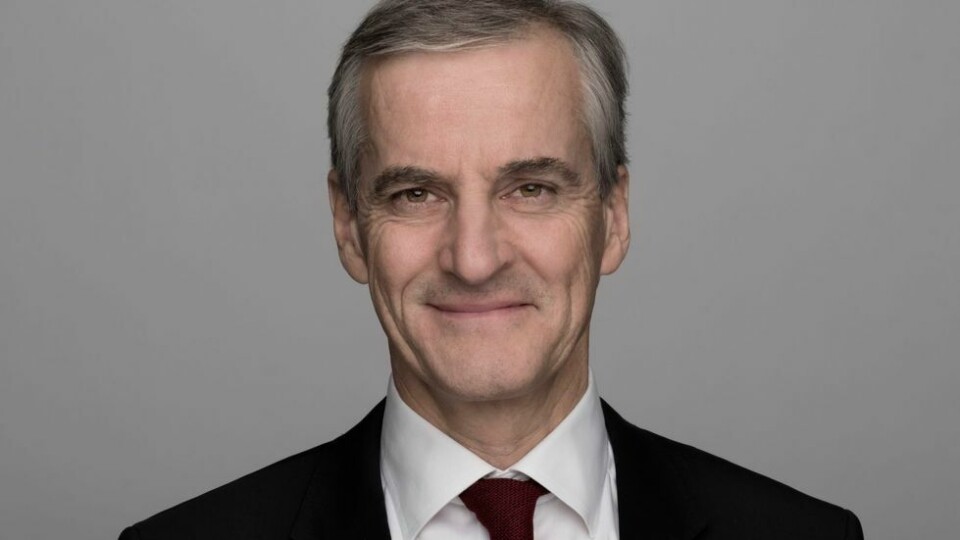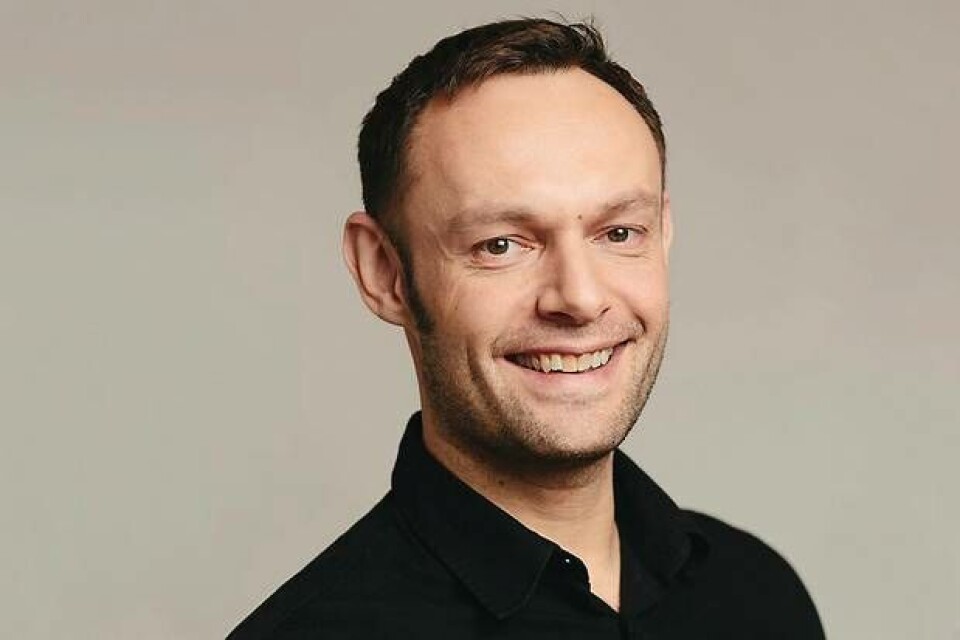
Salmon industry may face stricter rules as Norway takes a left turn
Norway’s salmon farmers may have to wait some time before a new fisheries minister is appointed following yesterday’s general election, in which a Conservative-led coalition was ousted.
Labour Party (AP) leader Jonas Gahr Støre is hoping to persuade the Centre Party (SP) and Socialist Left (SV) to join a left-leaning government that would have 89 MPs, four more than needed for an absolute majority in the 169-seat parliament, reports The Guardian.
But the parties disagree on issues ranging from energy policy to private ownership and EU relations, with the main bone of contention likely to be the speed of any transition away from fossil fuels in western Europe’s largest oil and gas producer, and an agreement may take a lot of talking to sort out, if it happens at all.
All three parties are largely supportive of aquaculture but are likely to impose extra conditions and costs on fish farmers.

Strong candidate
The Labour Party has traditionally provided a fisheries minister when in power, but Torgeir Knag Fylkesnes, deputy leader of SV, may be a strong candidate to replace the current minister, Odd Emil Ingebrigtsen, a Conservative.
Former Labour adviser Jan-Erik Larsen told Norway’s TV2 channel that Fylkesnes is very concerned with fisheries policy and difficult to overlook for the post.
SV’s manifesto included a proposal to phase out the use of cleaner fish in salmon farming and expand Norway’s fish farming “traffic light” system so that more indicators are included.
Doubling the value
The Labour Party has called the aquaculture industry Norway’s most important export industry after oil and gas.
Its plans for the industry include doubling value creation from aquaculture by 2030.
Like SV, it wants to further develop the traffic light system with several environmental indicators and stimulate increased production of Norwegian-produced sustainable feed with the goal that all feed for the aquaculture industry will be from sustainable sources by 2030.
Cleaner fjords
The Centre Party’s policies include reducing waste from the aquaculture industry in Norwegian fjords and supporting solutions that utilise waste in the form of biological mass. It also wants to limit the scope of marine conservation plans. SP says the sea areas shall as a starting point be used for sustainable food production and capture of wild species.
The existing Conservative-led coalition will remain in power until a new government coalition is formed.






















































